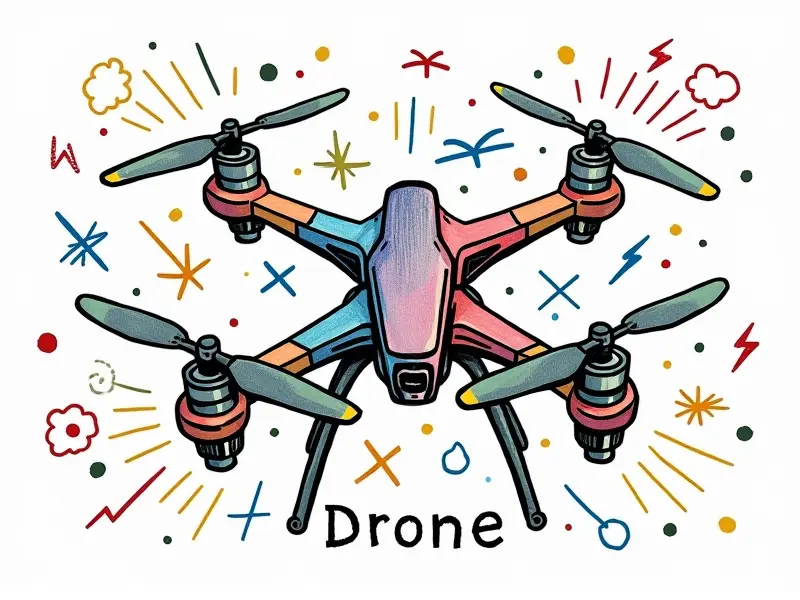Are Li-ion batteries safe to use?

Are Li-Ion Batteries Safe for RC Drones?
Lithium-ion (Li-Ion) batteries are the go-to power source for many remote control (RC) drones due to their high energy density and lightweight design. However, concerns about safety persist among hobbyists. The primary risks associated with Li-Ion batteries in RC drones include thermal runaway, overcharging, and physical damage.
To ensure safe use of Li-Ion batteries in RC drones:
- Choose reputable battery brands known for quality control.
- Avoid over-discharging or over-charging the battery.
- Inspect the battery regularly for signs of damage or swelling.
Safety of Li-Ion Batteries in FPV Racing
Flying drones with first-person view (FPV) racing requires high-performance batteries to sustain intense flight patterns. While Li-Ion batteries offer superior performance, they also come with inherent risks:
- High discharge rates can lead to rapid temperature increases.
- Inadequate cooling systems may exacerbate thermal issues.
To mitigate these risks:
- Use batteries designed for high-discharge applications.
- Implement proper ventilation and cooling solutions.
- Follow manufacturer guidelines strictly to prevent overheating.
Risks & Benefits of Li-Ion Batteries for RC Planes
Lithium-ion batteries provide significant advantages for RC planes, such as extended flight times and reduced weight. However, they also pose certain risks:
- Overheating can cause catastrophic failures.
- Inappropriate handling may lead to short circuits or fires.
The benefits of using Li-Ion batteries in RC planes include:
- Higher energy density for longer flights.
- Lightweight design enhances maneuverability and performance.
Ensuring Safety with Li-Ion Batteries in RC Helis
RC helicopters rely heavily on reliable power sources to maintain stability and control. Lithium-ion batteries are favored for their high capacity, but safety remains a critical concern:
- Overcharging can lead to thermal runaway.
- Physical damage may compromise the battery's integrity.
To ensure safe operation:
- Use quality chargers designed for Li-Ion batteries.
- Avoid exposing batteries to extreme temperatures.
- Store and transport batteries in a secure, non-conductive container.
Common Myths About Li-Ion Battery Risks
Several misconceptions surround the safety of Li-Ion batteries:
- Myth: All Li-Ion batteries are equally safe.Reality: Quality and manufacturing standards vary widely.
- Myth: Overcharging is the only cause of battery failure.Reality: Physical damage, over-discharge, and improper storage can also lead to issues.
How to Store Li-Ion Batteries Safely for RC Flyers
Proper storage is crucial to maintaining the safety and longevity of Li-Ion batteries. Follow these guidelines:
- Store batteries at room temperature, avoiding extreme heat or cold.
- Keep batteries in a dry environment free from moisture.
- Avoid storing fully charged batteries; charge to 40-60% for long-term storage.
Safe Handling Tips for Li-Ion Batteries in RC Models
To handle Li-Ion batteries safely:
- Always use the correct charger and follow manufacturer instructions.
- Avoid dropping or damaging the battery during handling.
- Do not expose batteries to direct sunlight or heat sources.
Protecting Your RC Gear: Li-Ion Battery Safety
Maintaining safety with Li-Ion batteries involves:
- Regular inspection for signs of wear and tear.
- Using protective cases to prevent physical damage during transport.
- Implementing a robust charging protocol to avoid overcharging or undercharging.
Li-Ion Battery Fires: A Concern for RC Pilots?
The risk of Li-Ion battery fires is real but manageable with proper precautions:
- Invest in fire-resistant storage containers and charging stations.
- Keep a Class D fire extinguisher nearby when handling batteries.
Risks & Benefits of Li-Ion Batteries
Lithium-ion batteries offer numerous benefits for RC enthusiasts:
- High Energy Density: Provides longer flight times and more power per unit weight.
- Lightweight Design: Enhances maneuverability and reduces overall aircraft weight.
The risks associated with Li-Ion batteries include:
- Thermal Runaway: Can occur due to overcharging, physical damage, or high discharge rates.
- Fires & Explosions: Potential hazards if not handled and stored properly.
Avoiding Li-Ion Battery Mishaps
To prevent mishaps with Li-Ion batteries:
- Choose reputable brands known for quality control.
- Follow manufacturer guidelines strictly during charging and use.
- Invest in protective gear such as fire-resistant containers and extinguishers.
Conclusion
Lithium-ion batteries are a cornerstone of modern RC technology, offering unparalleled performance benefits. However, their safety must be prioritized to mitigate potential risks. By adhering to best practices for handling, storage, and maintenance, RC pilots can enjoy the advantages of Li-Ion batteries while minimizing hazards.

